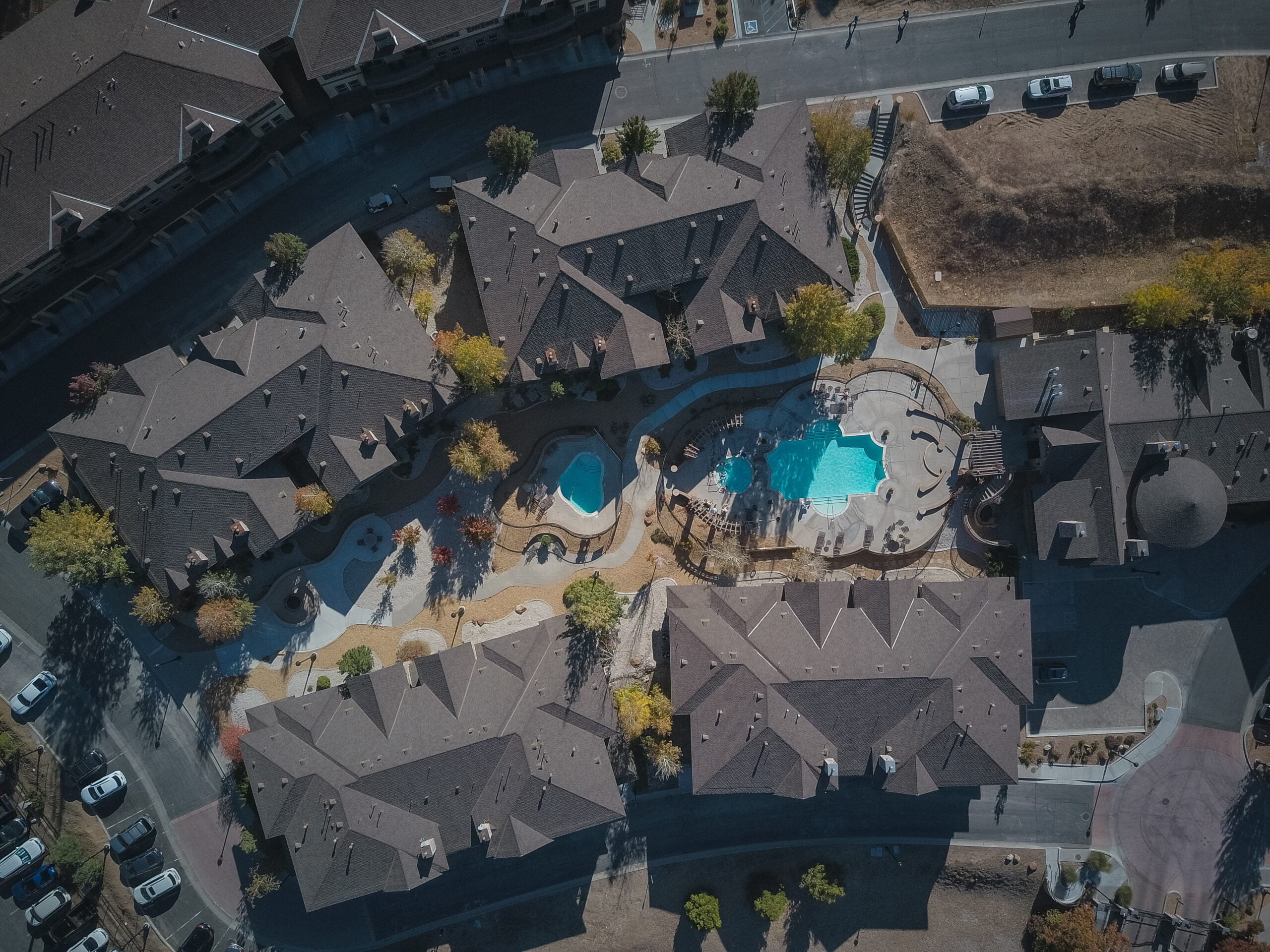France finds a rather unexpected form of AI surveillance - swimming pool detection

Thanks to AI image recognition, unregistered swimming pools in France's backyards bring the state around ten million euros in additional tax revenue.
A somewhat unconventional example of the surveillance potential of artificial intelligence comes from France: In October 2021, the government more or less successfully (see below) tested an image AI for swimming pool detection.
In nine test regions, the tax authority was able to detect more than 20,000 unreported pools on aerial images thanks to the software, which should lead to tax revenues of around ten million euros, according to the BBC. The authority is considering a nationwide deployment of the AI surveillance software.
Corona restrictions cause pool boom
The reason for looking for unregistered swimming pools is French law, according to which a swimming pool increases the value of a property and consequently leads to higher property taxes. Swimming pools must therefore be registered.
According to Statista, there were already more than 3.2 million private pools in France in 2020. Due to the Corona restrictions, even more French people are said to have invested in private pools. A 4 m x 8 m pool costs around €300 a year, an expert told the French newspaper "Le Parisien".
French Green Party politician Julien Bayou stressed before the move that the French need to develop a "different relationship with water." A ban on new swimming pools is not out of the question, he said. Like many other countries, France is struggling with drought: July 2022 was the driest month since March 1961, according to the national weather service Meteo-France.
Google helped with the software - which is said to have a high error rate
The pool detection software was developed by French consulting firm Capgemini with Google, following the earlier termination of a contract with Accenture. The software could be expanded in the next step and, in addition to pools, also recognize other extensions on aerial images, such as terraces or pavilions, which are also subject to registration if they are permanently anchored in the ground.
According to Antoine Magnant, France's deputy director-general of public finance, the next version of the software should be able to recognize, in particular, house extensions such as a porch. However, he said, the authority must first ensure that the software can distinguish doghouses and children's playhouses, for example, from actual extensions.
In the future, the software could also help prevent taxes from being inadvertently levied on abandoned buildings, Magnant said. According to anonymous government sources, however, the error rate of the second software phase is still too high, exceeding 80 percent in some cases.
The error rate for pool detection is also estimated to be about 30%, due in part to the AI not being good at distinguishing between a non-taxable pool and an in-ground pool, or mistaking blue tarps for a pool.
That's why the tax agency asked surveyors to verify 11,482 pool detections by the AI "via aerial photos or Google Street View, without moving from their desks, to make it faster," according to Le Parisien.
The AI image recognition is also not yet a business model for the tax authority: the Finance Ministry does not give figures, but Le Parisien reports that the cost of software development since the start of the project exceeds 40 million euros. Capgemini was also criticized for outsourcing certain project tasks to Madagascar that could have been done by French drafters.
AI News Without the Hype – Curated by Humans
As a THE DECODER subscriber, you get ad-free reading, our weekly AI newsletter, the exclusive "AI Radar" Frontier Report 6× per year, access to comments, and our complete archive.
Subscribe nowAI news without the hype
Curated by humans.
- Over 20 percent launch discount.
- Read without distractions – no Google ads.
- Access to comments and community discussions.
- Weekly AI newsletter.
- 6 times a year: “AI Radar” – deep dives on key AI topics.
- Up to 25 % off on KI Pro online events.
- Access to our full ten-year archive.
- Get the latest AI news from The Decoder.